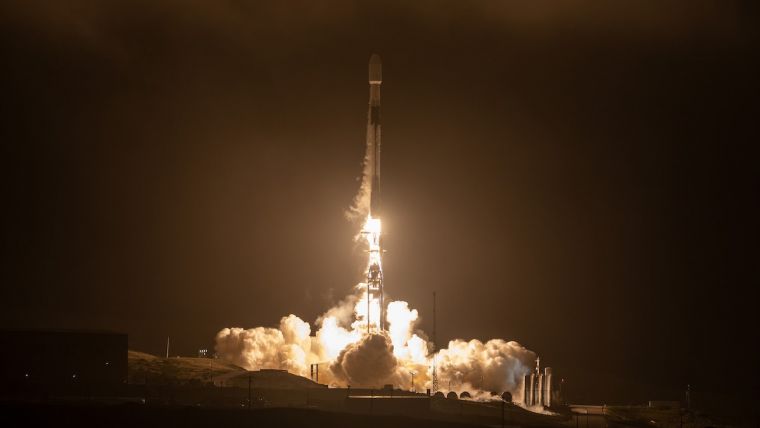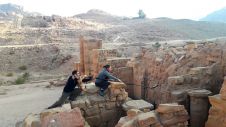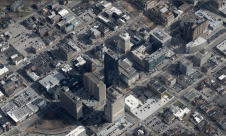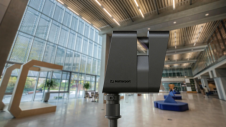New KAUST satellite to provide high-resolution data for Earth observation
King Abdullah University of Science and Technology (KAUST) and its partner Spire Global have successfully launched a Cubesat satellite on the SpaceX Transporter-7 mission from Vandenberg Space Force Base in the USA. The satellite’s aim is to collect high-quality and high-resolution data across global terrestrial, coastal and ocean ecosystems to help Saudi Arabia observe and characterize its unique natural resources.
The 6U satellite is equipped with a hyperspectral camera and Spire’s Global Navigation Satellite System-Reflectometry (GNSS-R) sensor payload. It will collect insights on surface features, such as the condition of plants, soils and water. “We're launching state-of-the-art technology on this satellite platform”, said Matthew McCabe, professor of remote sensing and water security and director of the Climate and Livability Initiative at KAUST.
Protecting and restoring the environment
“The combination of this capability with two unique sensors – the GNSS-R and the hyperspectral – offers one of the first in-orbit demonstrations of such technologies. It’s the mix of cutting-edge imaging and on-board analysis that makes this such an exciting mission.”
Apart from providing enhanced Earth observation capabilities, the satellite will yield data that can help to advance Saudi Arabia’s Vision 2030 goals, particularly those related to protecting and restoring the environment. “It’s shared knowledge, and a shared community resource. Developing a community of scientists and collaborators who can access this data will bring global perspectives to local and regional questions that we’re trying to address”, McCabe said.
Although the mission will primarily image the Saudi Arabian peninsula and surrounding region, the satellite has the capability to gather information and images from anywhere on Earth. McCabe added that the KAUST mission is an example of a growing footprint in the space sector, and the Saudi Space Commission has ambitious plans to develop the local space economy: “This is the type of mission that we want to see in the future – building innovation and technology in the Kingdom, training the next generation of scientists and engineers, and facilitating further space exploration from Saudi Arabia.”
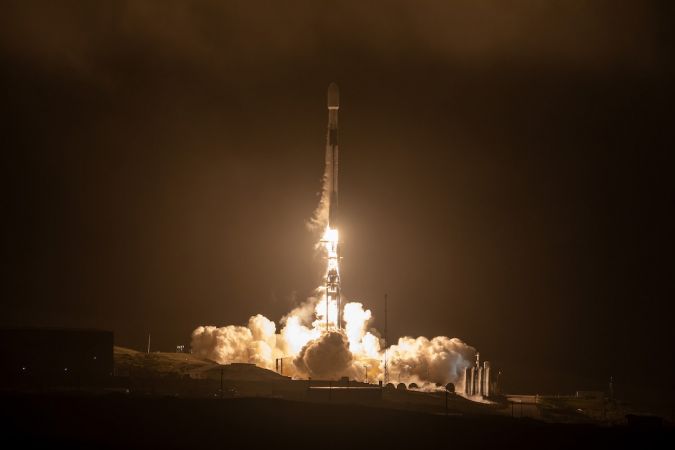

Value staying current with geomatics?
Stay on the map with our expertly curated newsletters.
We provide educational insights, industry updates, and inspiring stories to help you learn, grow, and reach your full potential in your field. Don't miss out - subscribe today and ensure you're always informed, educated, and inspired.
Choose your newsletter(s)
